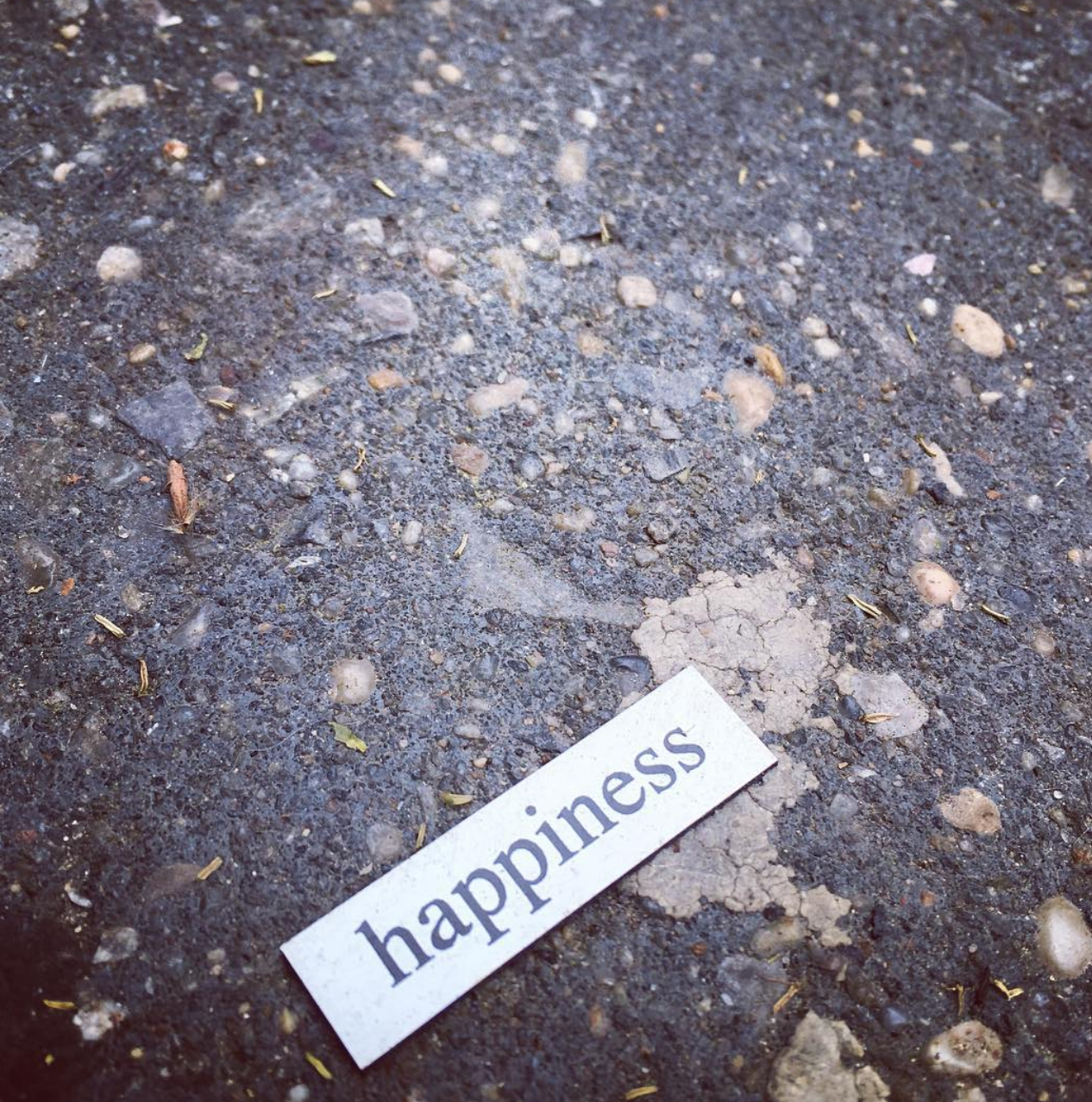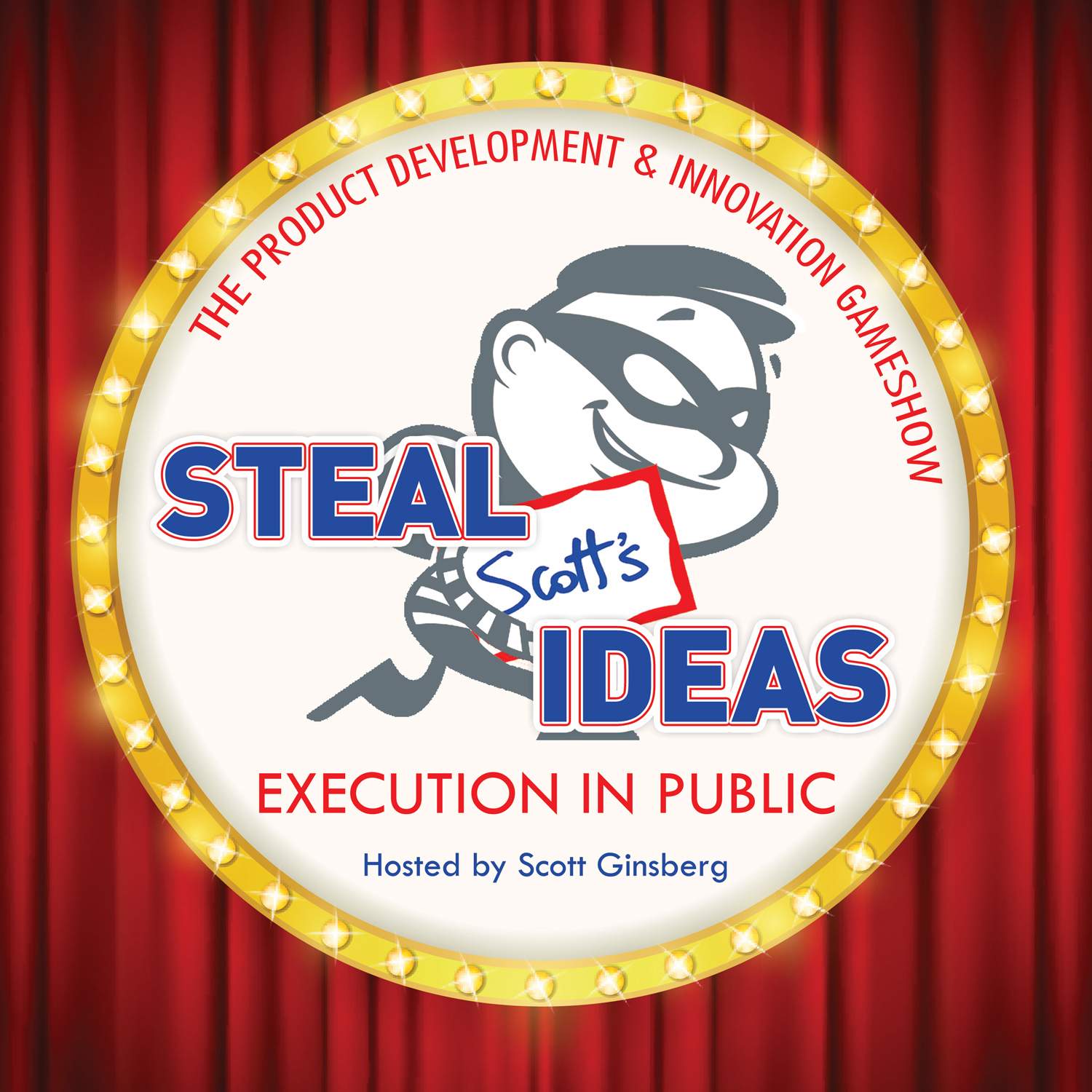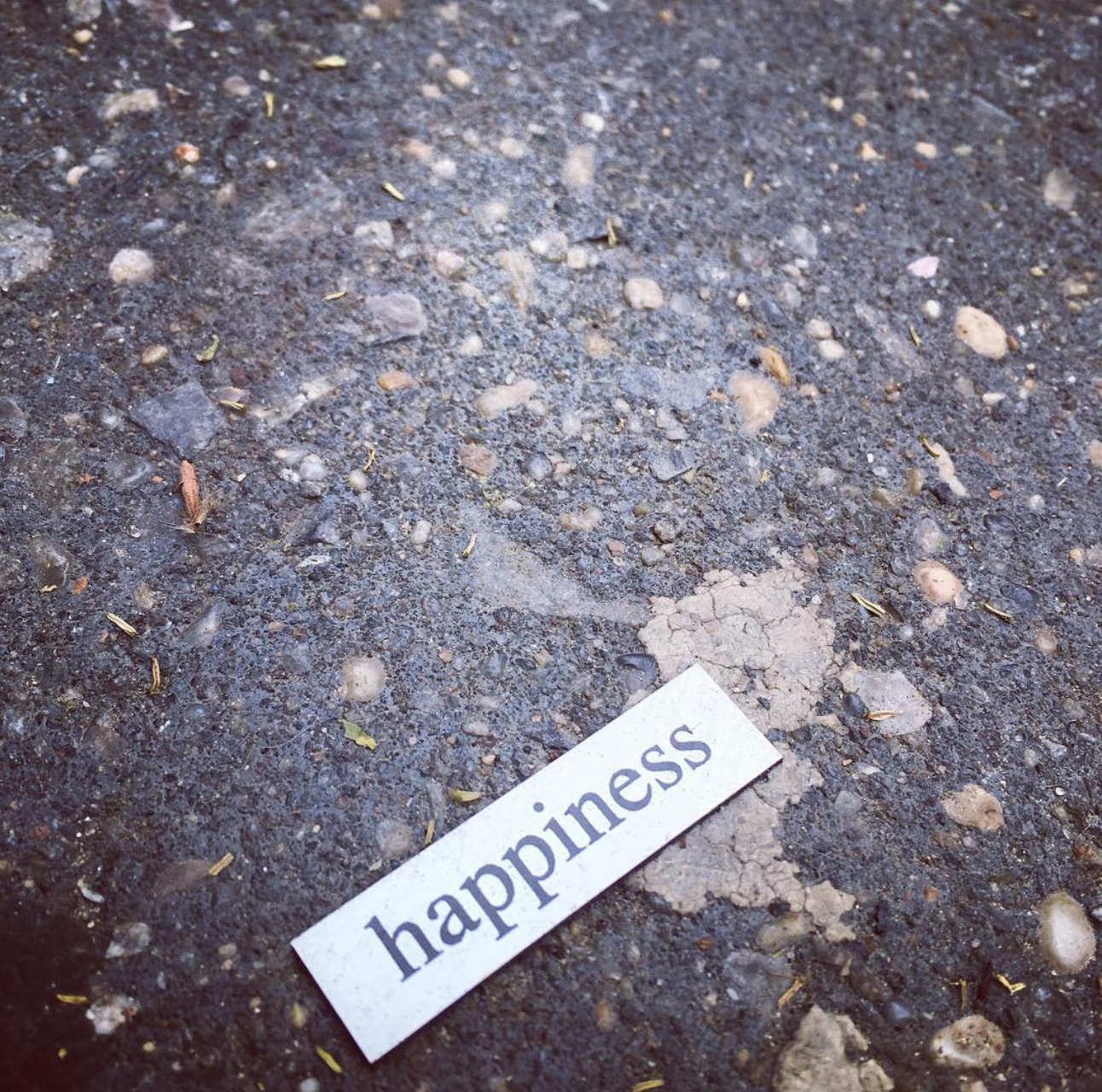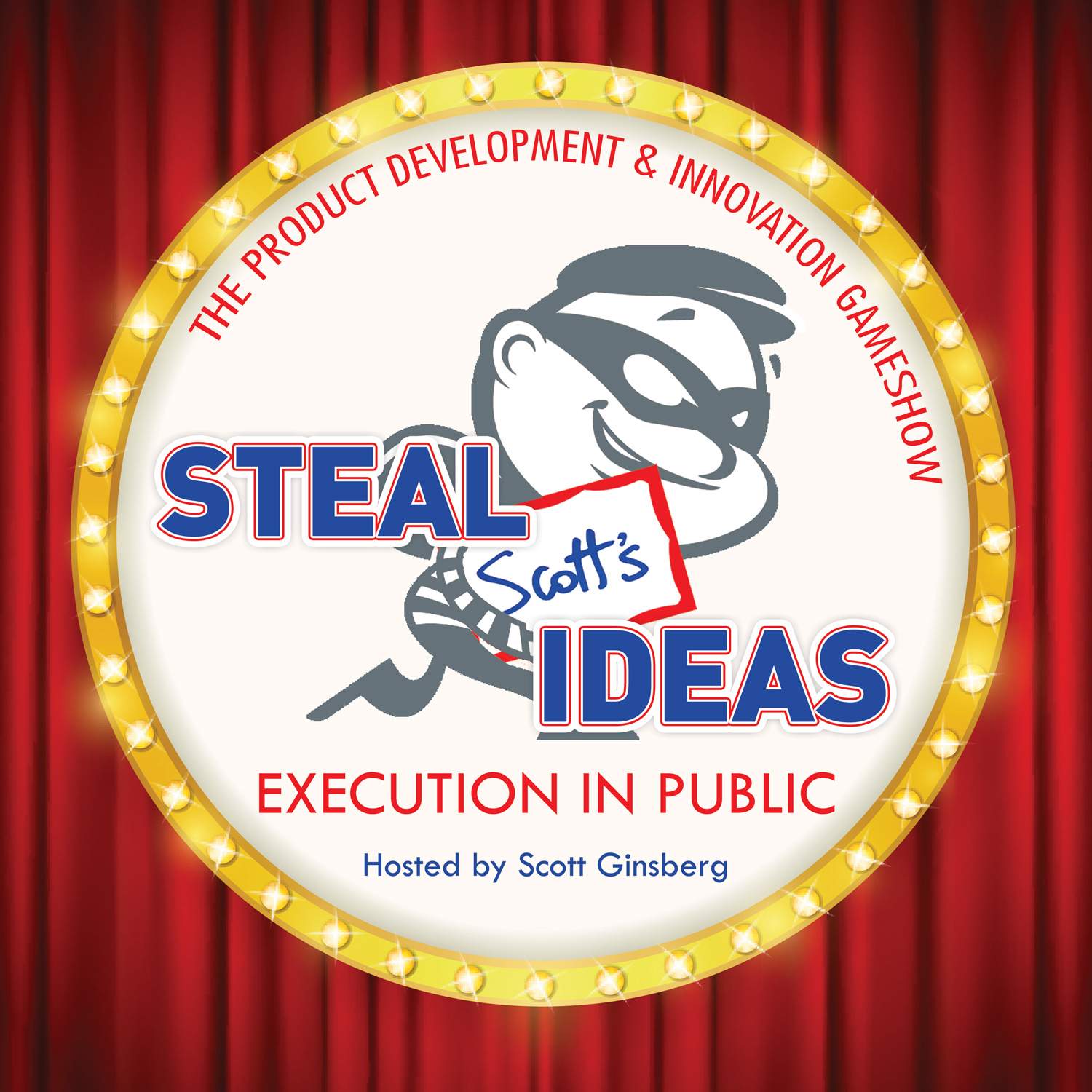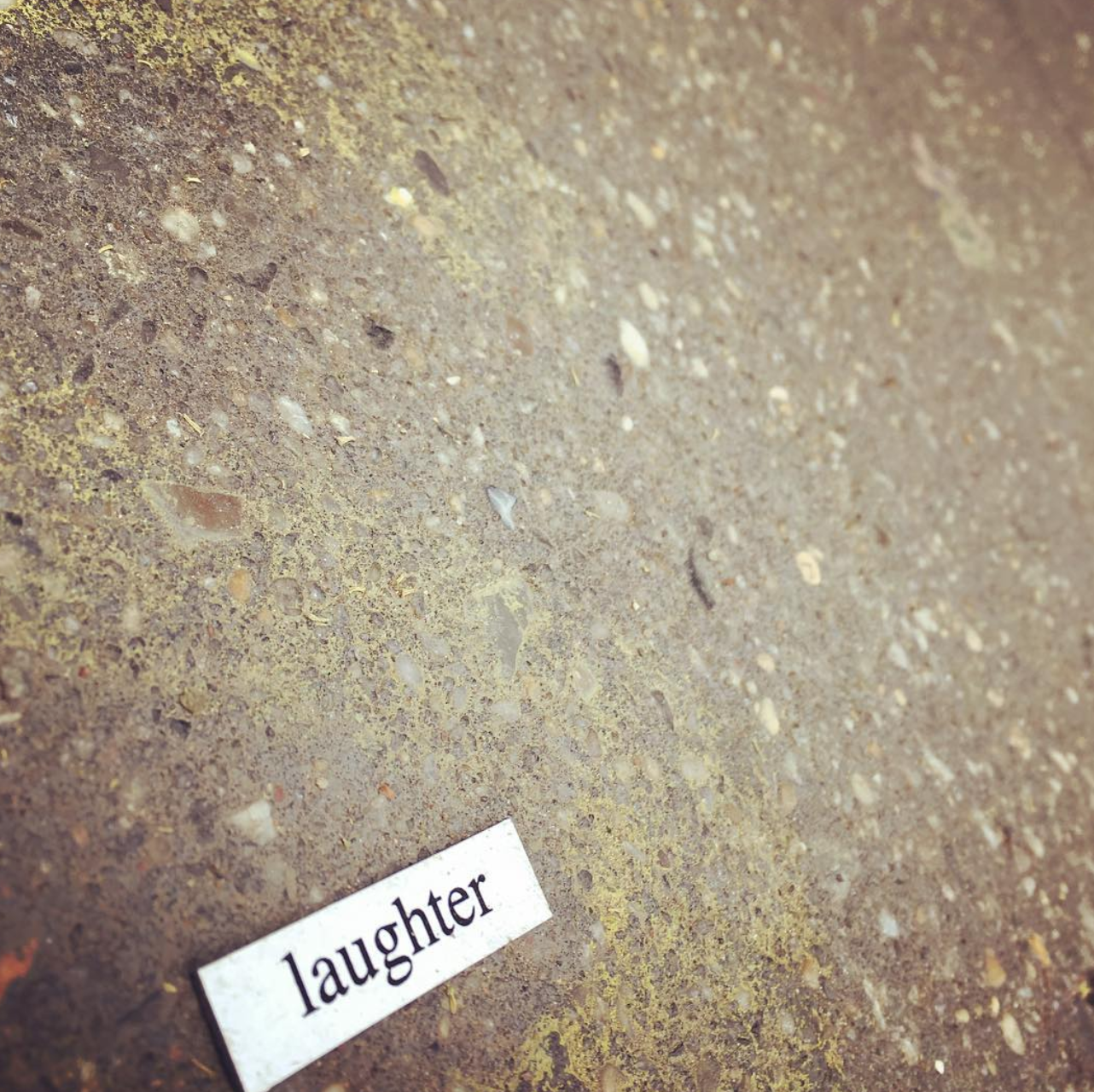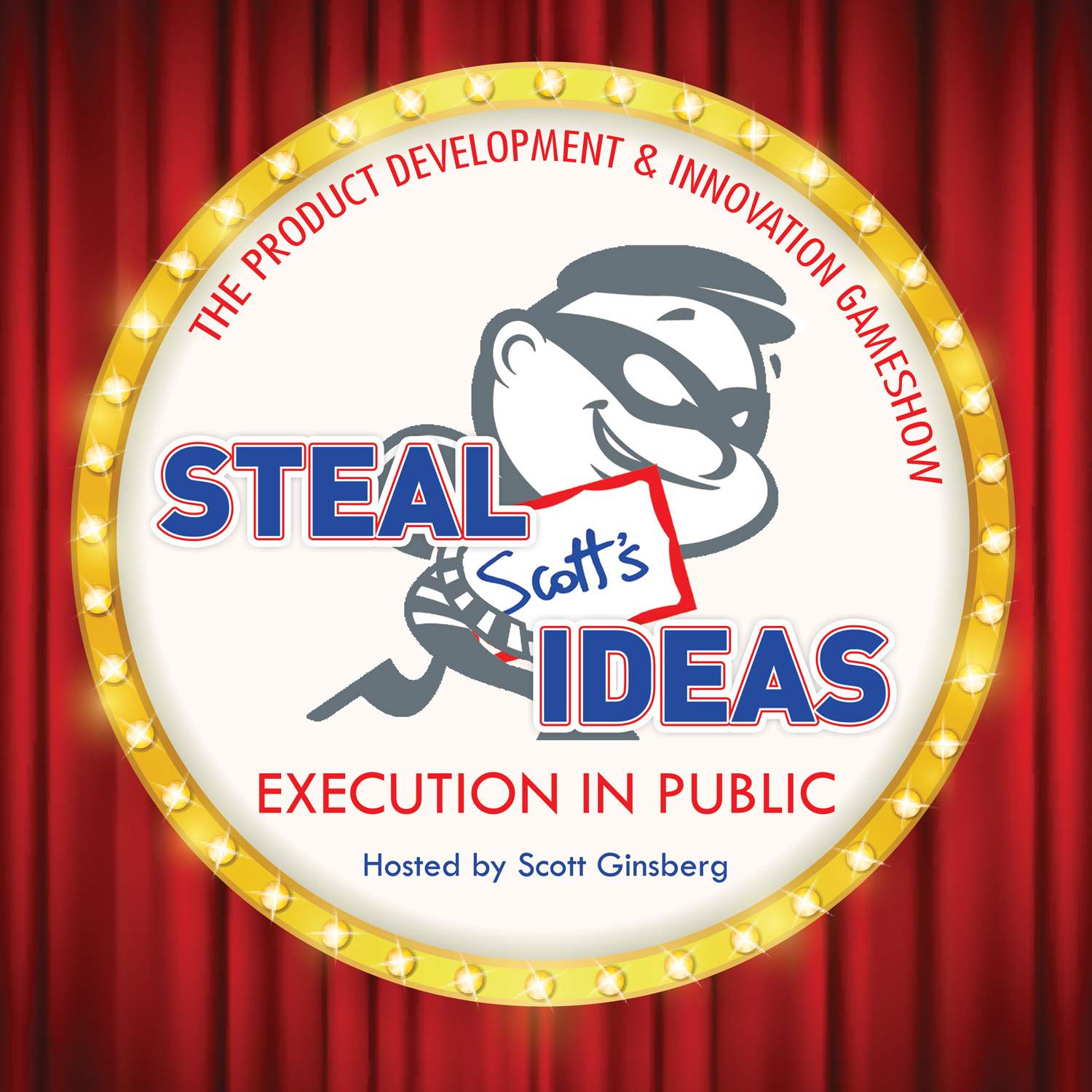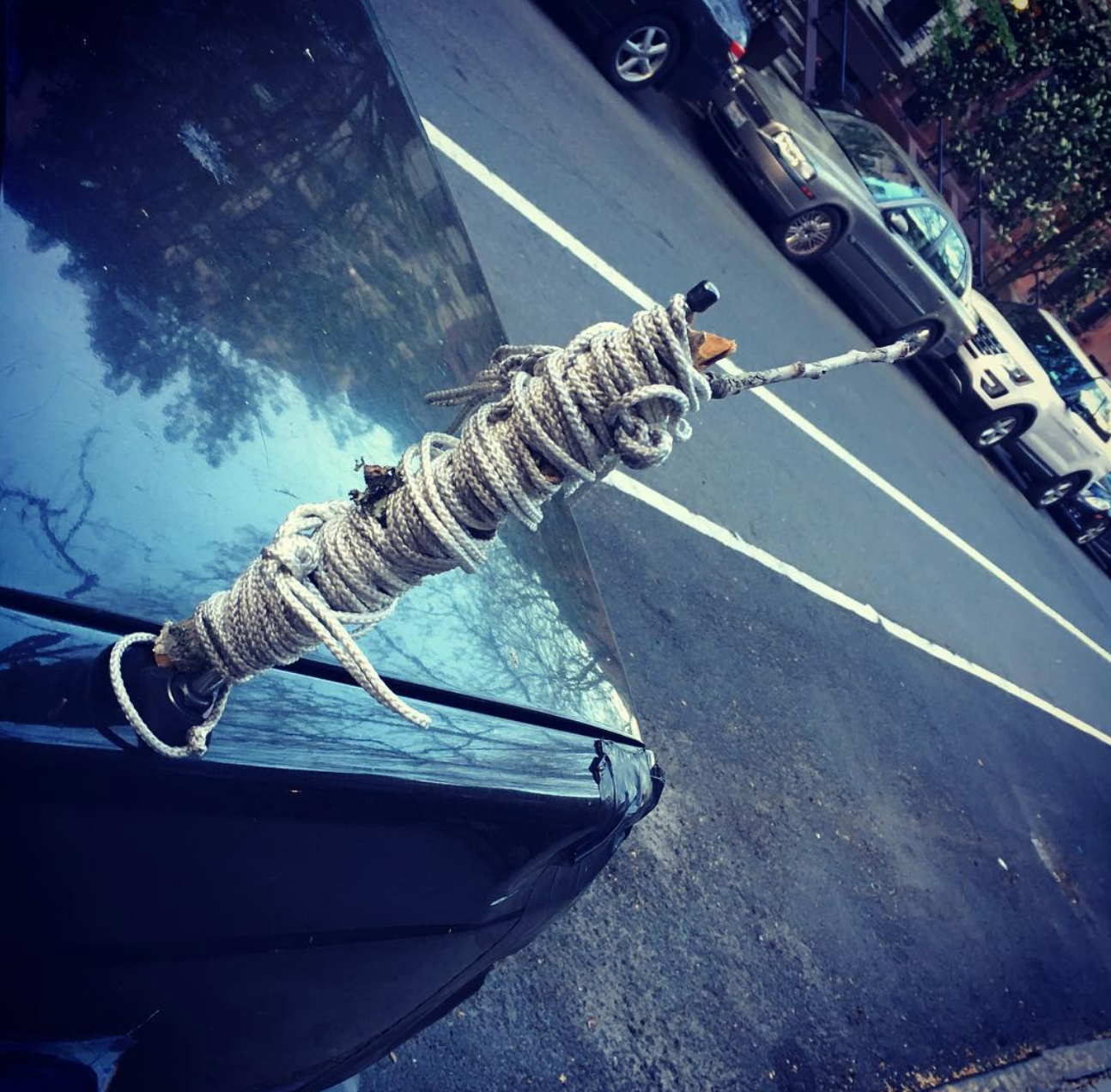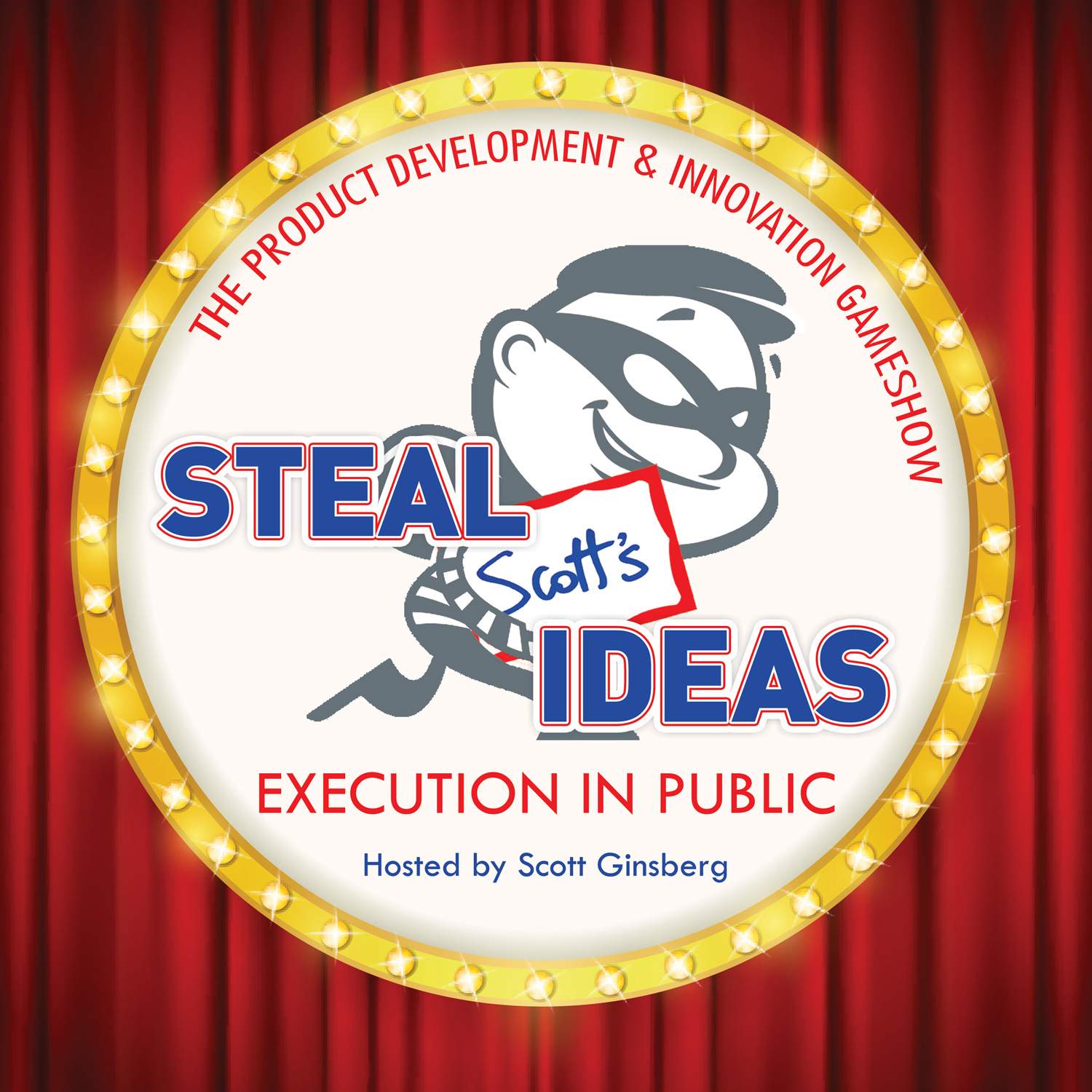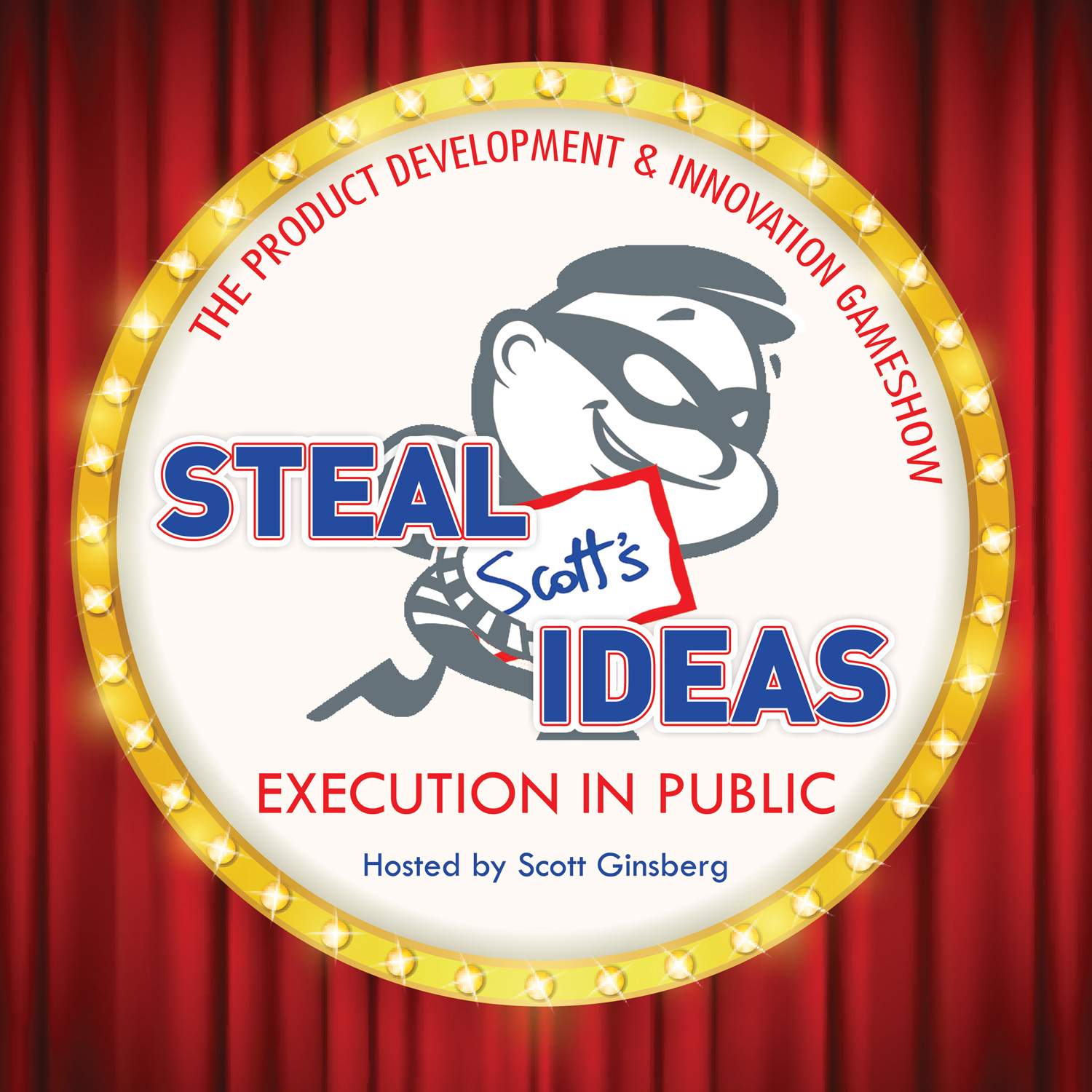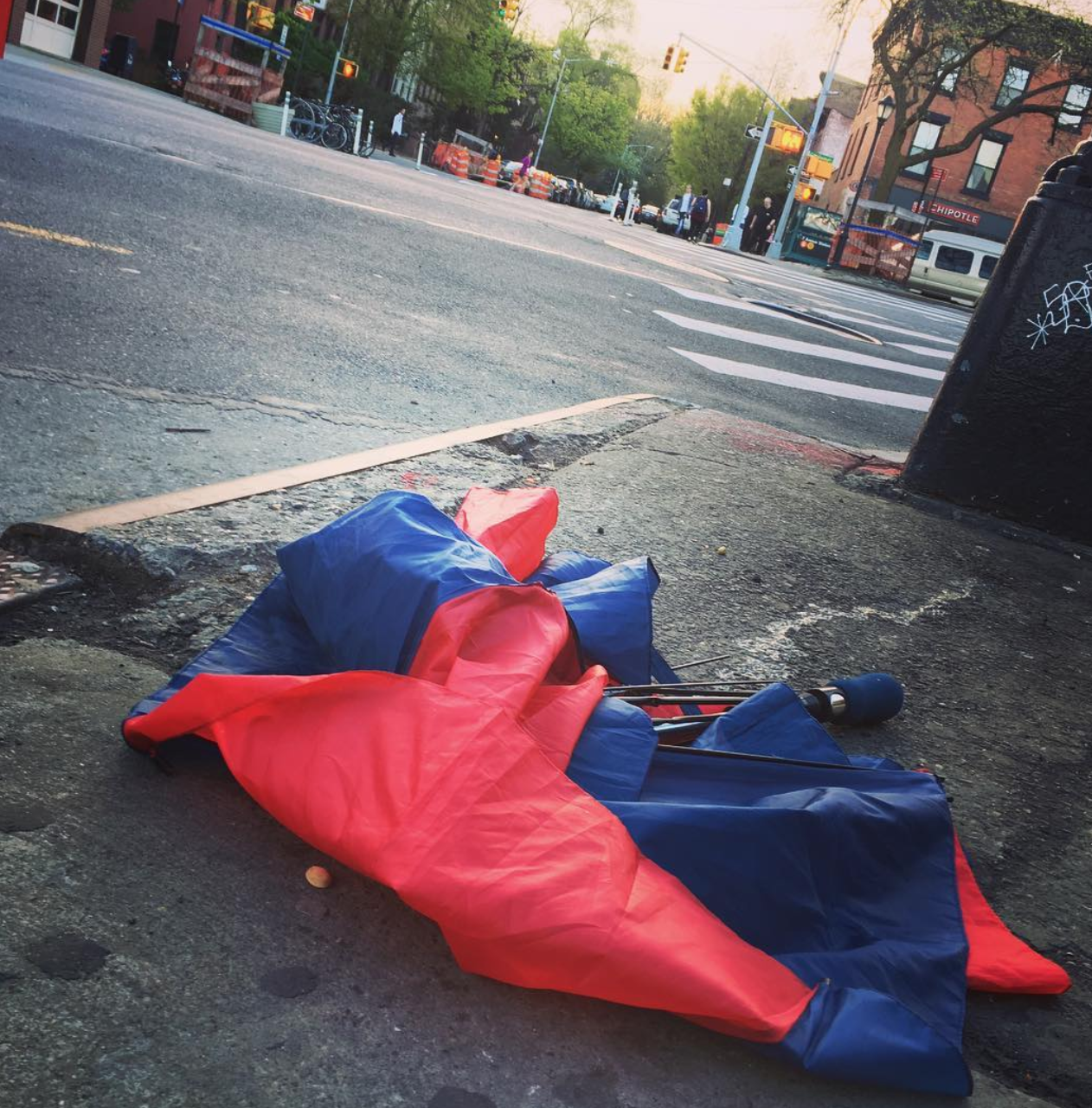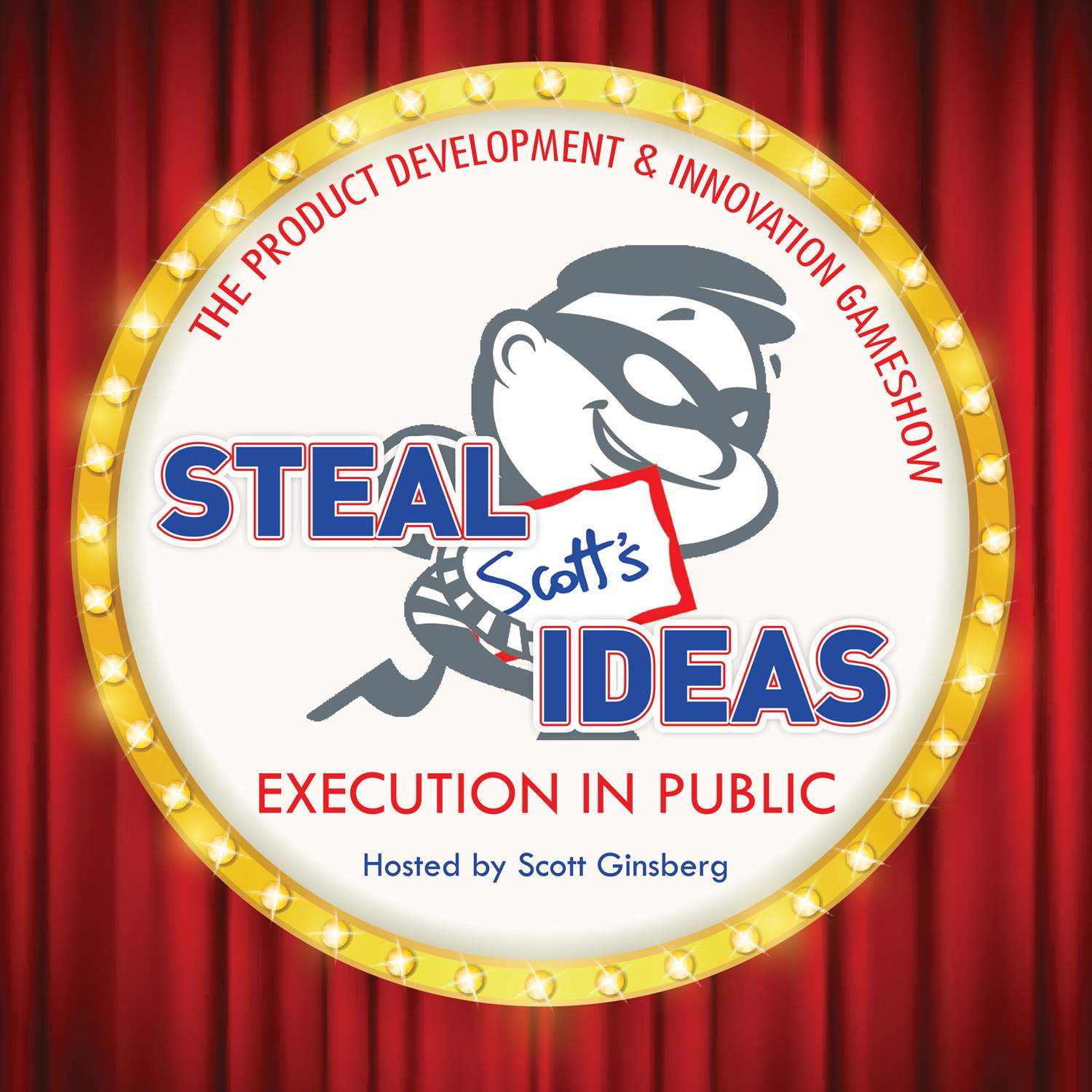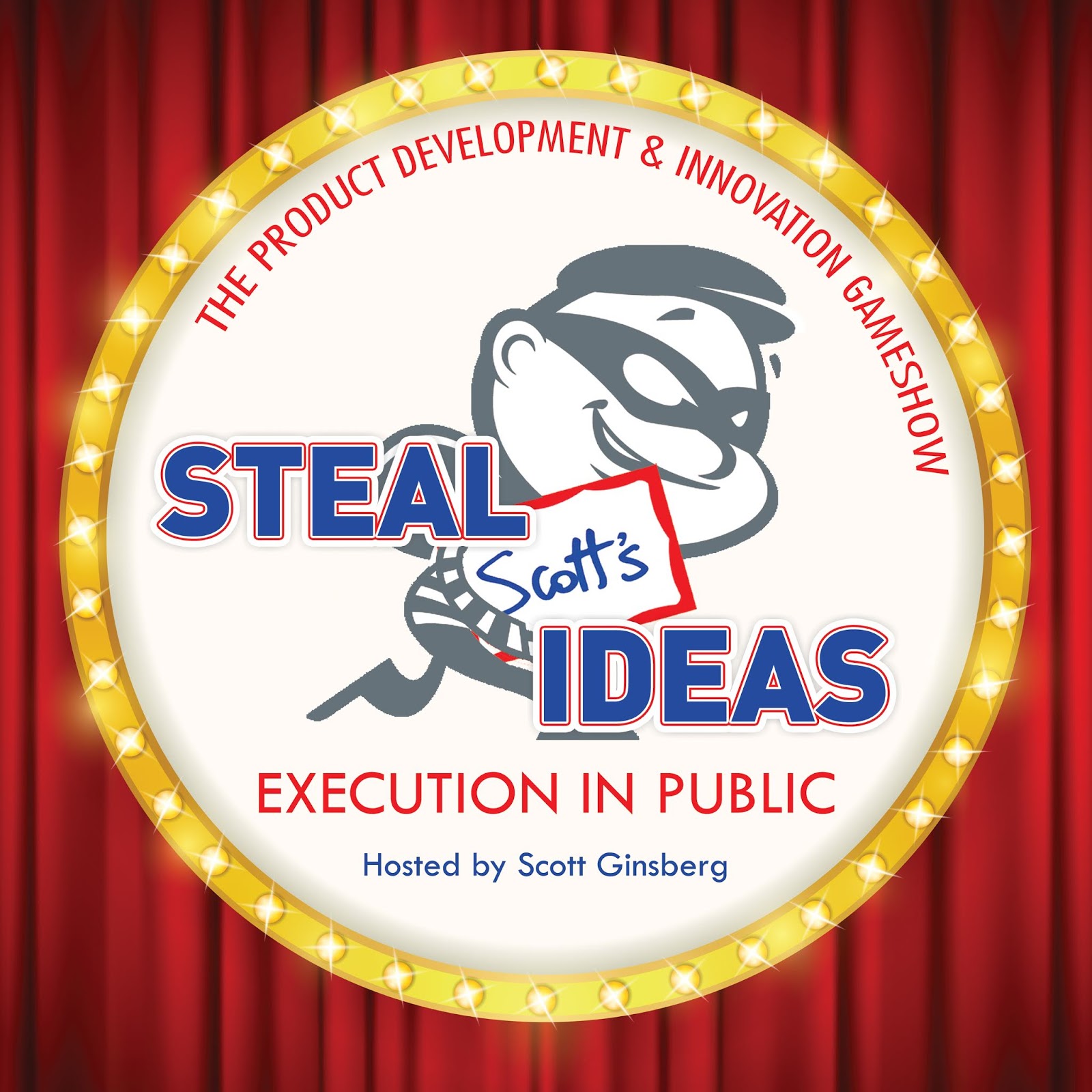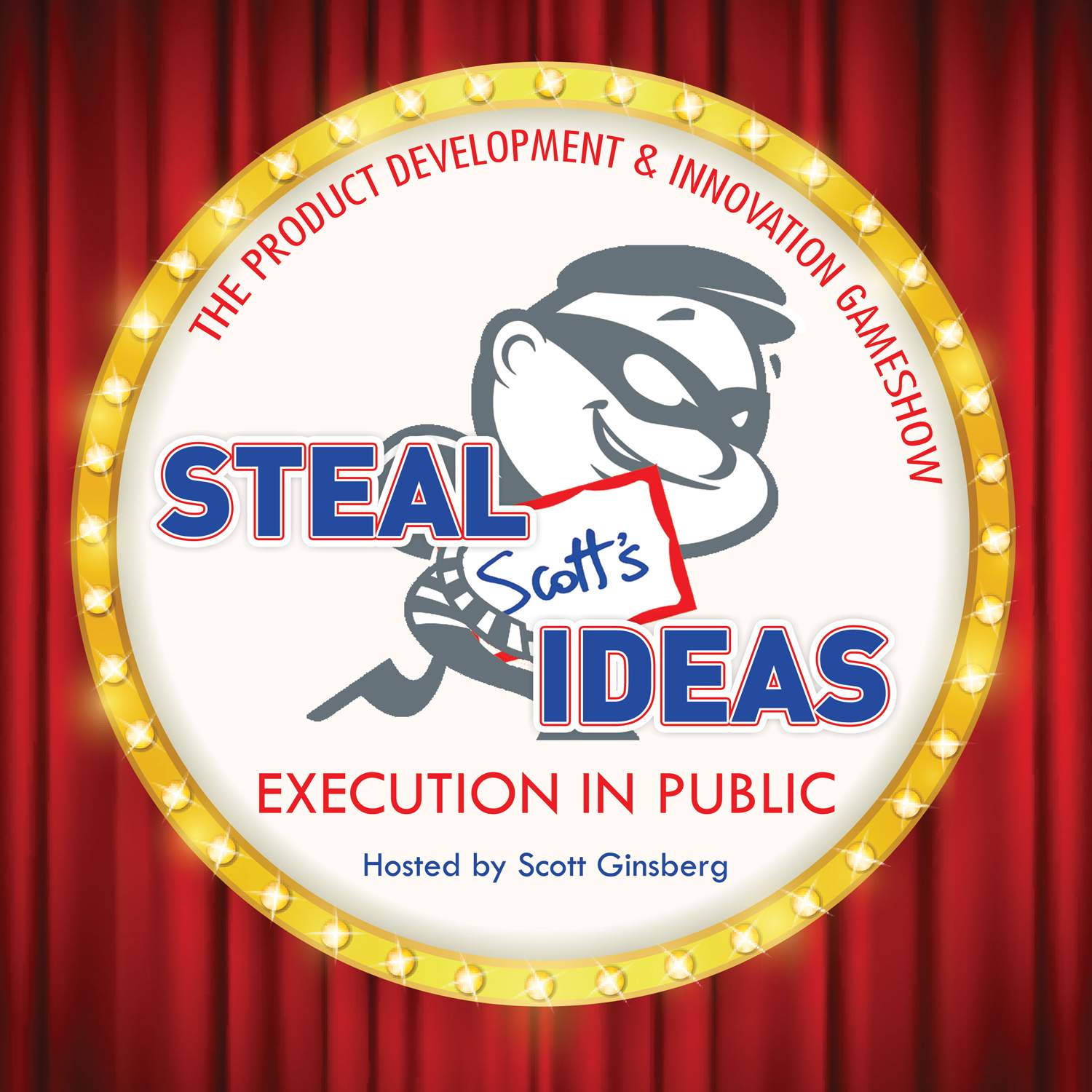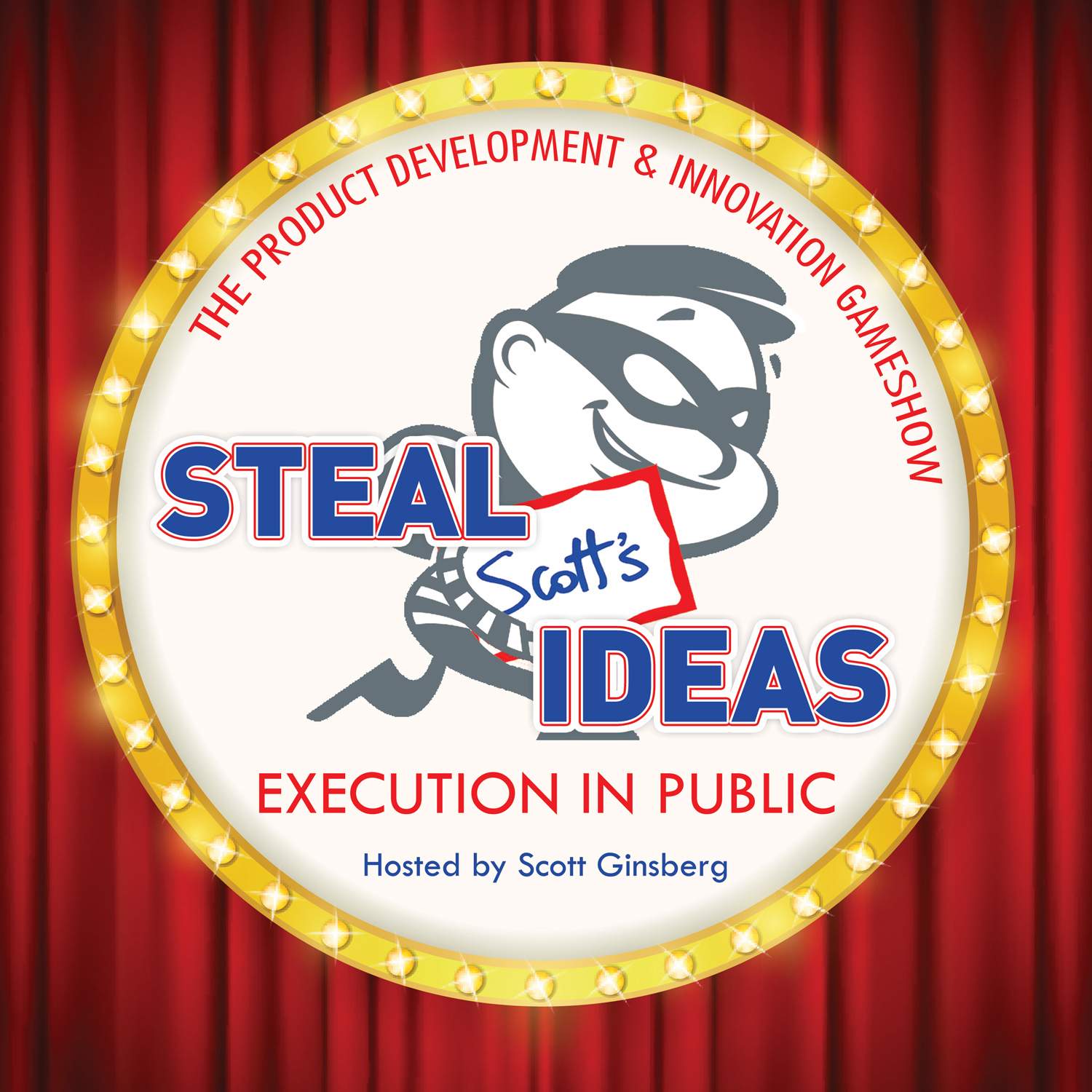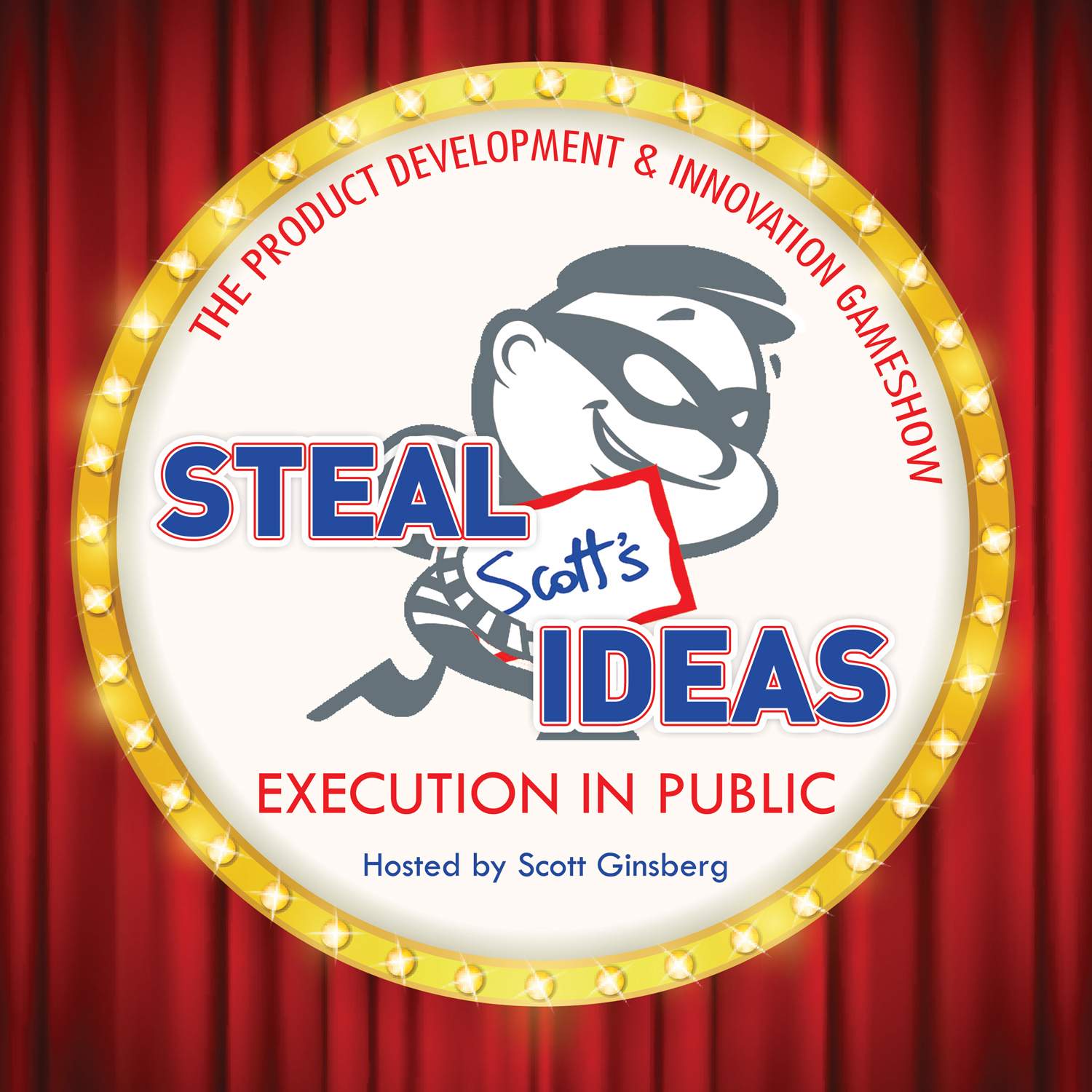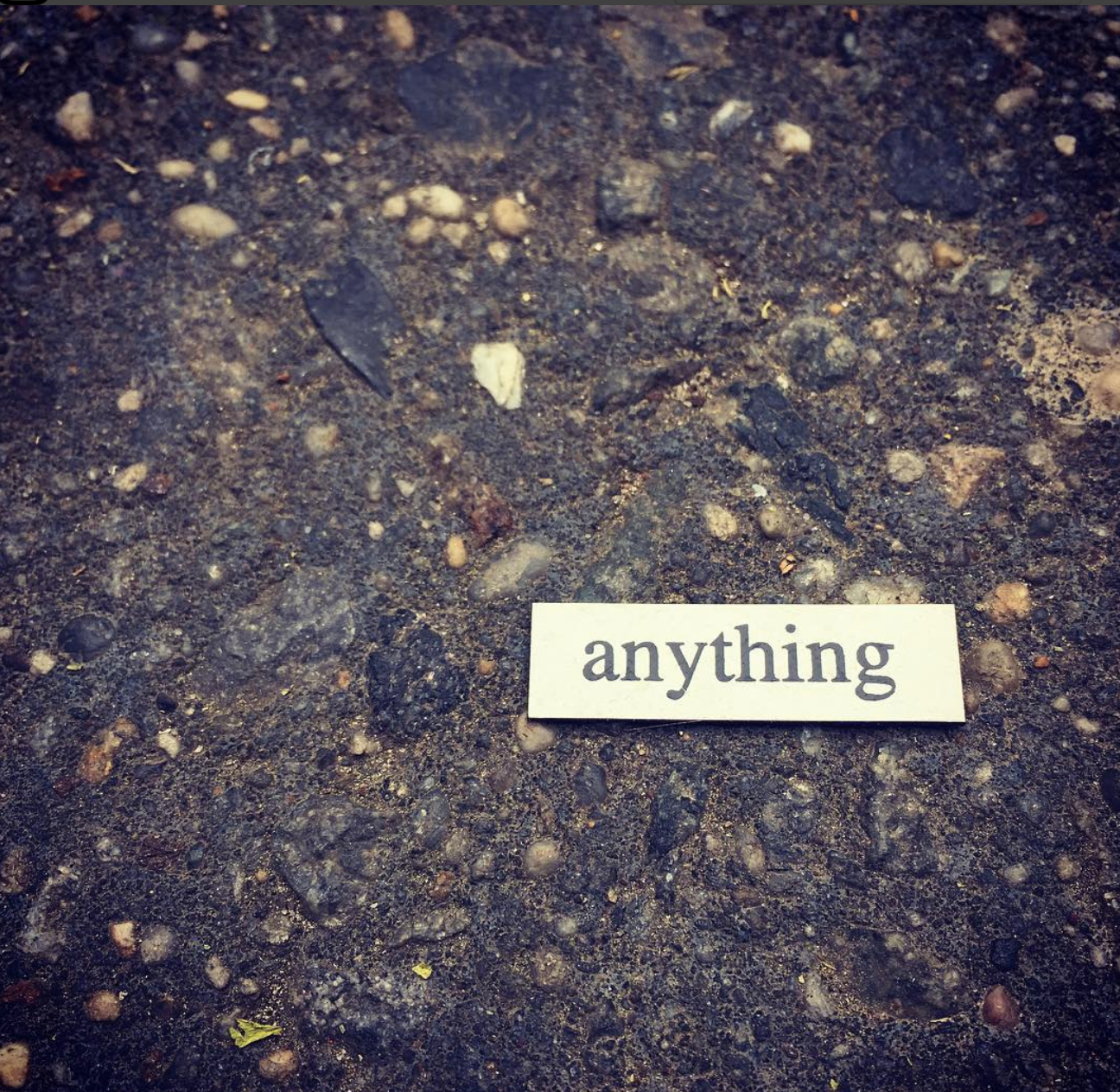
Something is admirable to me when I know that
I couldn’t do it.
That’s how I feel when I see person with a lot of talent.
But
additionally, something is also admirable to me when I know that I wouldn’t do
it.
Because I see a person with a lack of fear. That’s not an insignificant
thing. It’s a very different form of social currency than talent, one that our
performance obsessed society often overlooks. But it still matters.
There’s a
guy I see in the park sometimes. He dances around the grass in a loin cloth,
making strange animal noises, reciting bizarre poetry and playing music on
homemade instruments. For hours at a time. It’s truly a sight to see.
And maybe
he’s mentally ill, maybe he’s a social experimenter, maybe he’s an eccentric
millionaire, or maybe he’s just some guy who like to let his freak flag fly.
Doesn’t matter.
Because he never fails to draw a crowd of people who cheer and
take pictures and leave tips and walk away smiling.
Not because those
people couldn’t do what that guy does, but because they wouldn’t.
The lesson
is, our world rewards skill, but it also loves bravery. And so, if you’re not
high on talent, be low on fear.
Because most people are terrified and they look
up to those who aren’t afraid.
LET ME ASK YA THIS…
What is the worst thing that could happen if your worst fears came true?
* * * *
Scott Ginsberg
That Guy with the Nametag
Author. Speaker. Strategist. Inventor. Filmmaker. Publisher. Songwriter.
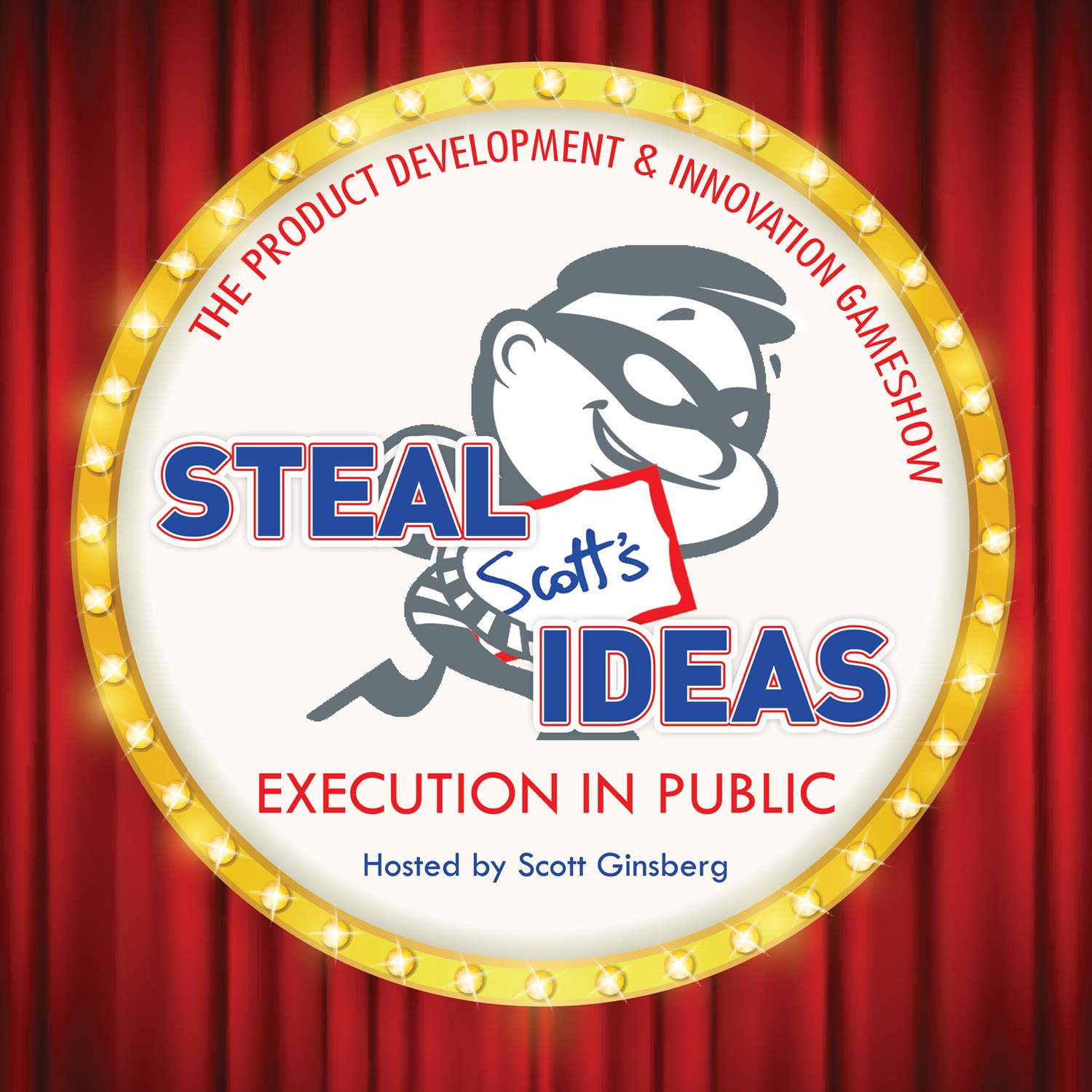
It’s the world’s first, best and only product development and innovation gameshow!
Tune in and subscribe for a little execution in public.
Join our community of innovators, artists and entrepreneurs.
–>

